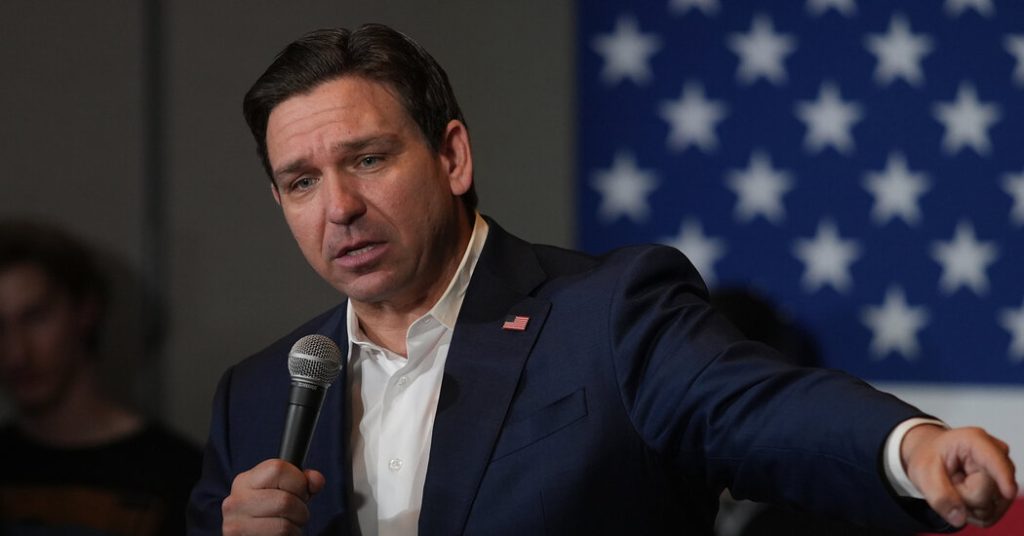The content revolves around discussions on potentially legalizing recreational marijuana in multiple U.S. states, including New York, Connecticut, New Mexico, and Virginia. While medical marijuana is already legal in these states, policymakers are now considering expanding access to recreational use. These efforts are driven by various factors, such as economic considerations, public opinion, and changing attitudes towards marijuana. Proponents argue that legalization could generate significant tax revenue, create jobs, and reduce the burden on law enforcement. Additionally, they believe that it could also address social justice issues by ending the disproportionate impact of marijuana prohibition on communities of color.
Despite the potential benefits of legalization, there are also concerns and opposition from various stakeholders. Some critics argue that it could lead to increased drug use, addiction, and negative public health outcomes. They also highlight the risks associated with impaired driving and workplace safety. Additionally, there are concerns about the impact on youth and the potential for increased access to marijuana. These opposition voices call for more research and caution in moving forward with legalization. Moreover, there are also concerns about the influence of the marijuana industry on policymaking and the need to prioritize public health and safety over profits.
In addition to the discussions on recreational marijuana, there is also a potential shift in federal marijuana policy under the Biden administration. While marijuana remains illegal at the federal level, President Biden has expressed support for decriminalization and has called for further research on the potential benefits and risks of marijuana. This shift in tone towards a more progressive stance on marijuana policy could have significant implications for states considering legalization. It could provide them with greater flexibility and support in implementing their own marijuana policies without fear of federal intervention.
The content also highlights the complexities and challenges of navigating marijuana policy at both the state and federal levels. States like New York and New Jersey are facing obstacles in implementing legalization, such as disagreements over regulatory frameworks, tax revenue distribution, and social equity provisions. Moreover, the lack of clarity and consistency in federal marijuana laws creates uncertainty for businesses and consumers in states where marijuana is legal. Addressing these challenges will require careful coordination between federal and state governments, as well as input from a wide range of stakeholders, including public health experts, law enforcement officials, industry representatives, and community advocates.
Overall, the discussions on marijuana policy reflect the evolving landscape of drug policy in the United States. The push for legalization is driven by a combination of economic, social, and political factors, as well as shifting public attitudes towards marijuana. While there are valid concerns and opposition to legalization, advocates argue that the potential benefits of legalization outweigh the risks. As states continue to grapple with these issues, the Biden administration’s position on marijuana policy could play a crucial role in shaping the future of drug policy in the United States.
In conclusion, the debates over the legalization of recreational marijuana in various states and the potential shift in federal marijuana policy underscore the complexities and challenges of navigating drug policy in the United States. While proponents argue for the economic and social benefits of legalization, there are also valid concerns about public health and safety. Finding a balance between these competing interests will require careful consideration of evidence-based research, input from stakeholders, and effective collaboration between federal and state governments. Ultimately, the outcome of these discussions and decisions on marijuana policy will have far-reaching implications for public health, criminal justice, and social equity in the United States.


